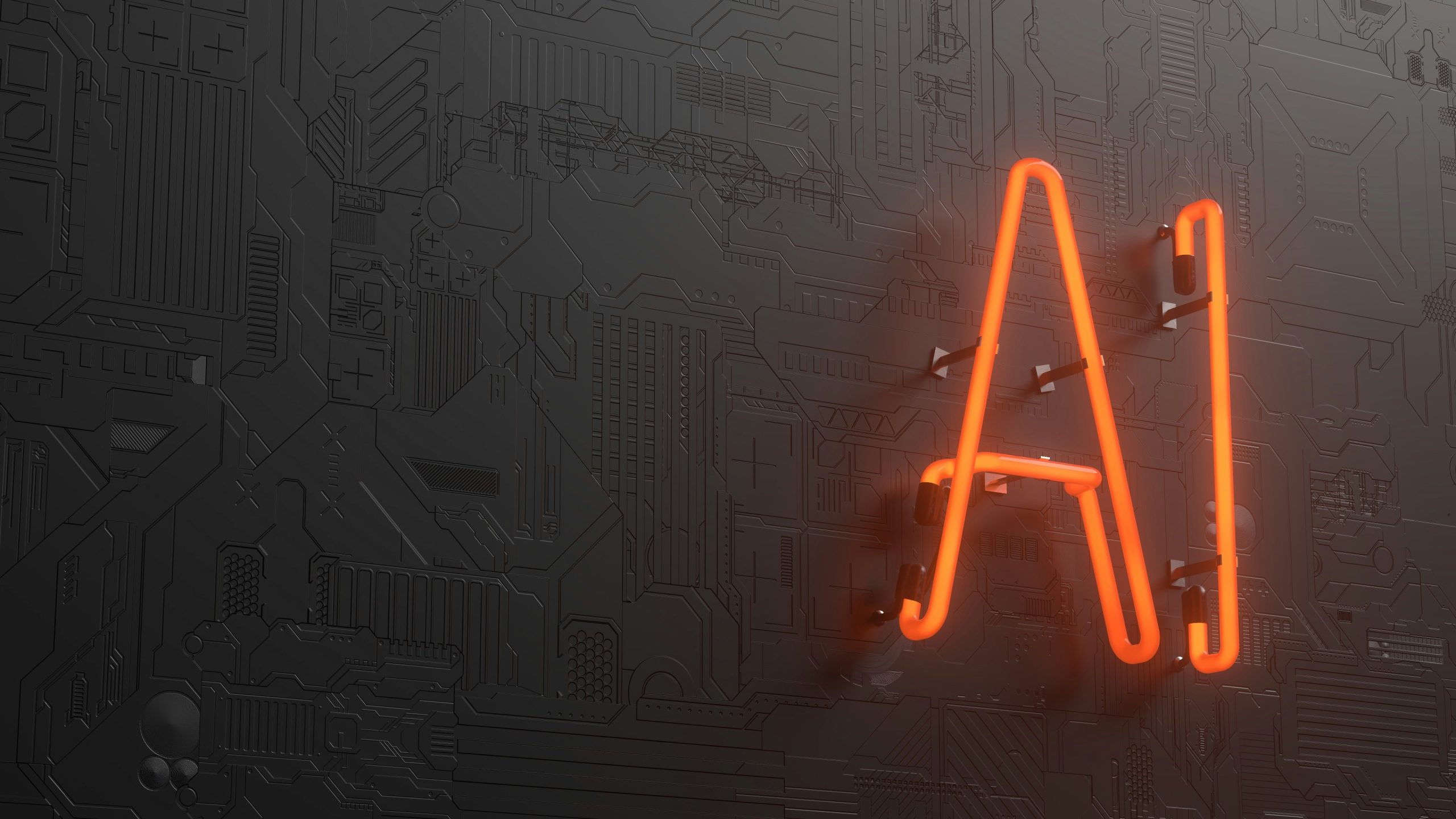Decentralized AI: A Vision of Democratized Innovation, or a Recipe for Disaster?
Is decentralized AI the key to unlocking a fairer future for artificial intelligence, or a Pandora’s Box of risks?
Decentralized artificial intelligence (DAI) promises to revolutionize technology by putting the control of transformative AI in the hands of the global community. However, this ambitious vision faces significant hurdles to becoming a reality. Traditional centralized AI models, often controlled by a few powerful tech giants, have raised concerns about equitable access and transparency. This has fueled a growing movement demanding a more decentralized, community-driven approach to AI.
The Dream of Decentralized AI
Currently, the most influential AI models reside within the walled gardens of corporations like OpenAI, Google, Microsoft, Anthropic, and DeepSeek. This centralized control echoes the early days of the internet, prompting the quest for a more equitable and open AI ecosystem.
Prominent advocates, like former Stability AI founder Emad Mostaque, have publicly championed DAI, highlighting concerns about the concentration of power and the potential for bias. French Competition Authority Chief Benoît Cœuré echoed these sentiments, asserting that the early dominance of large players in AI necessitates a proactive approach toward decentralization.
The visionaries behind DAI envision a future where individual developers, students, startups, and hobbyists can collaborate, pooling knowledge, computing power, and data to democratize innovation. This approach, according to MIT research, could foster broader participation and accelerate the development of truly beneficial AI applications.
Advocates also emphasize the potential for transparency and reduced bias through open-source AI models residing on blockchain networks. Greyscale Research’s study, for example, suggests that open networks can effectively mitigate bias inherent in centralized, “black box” models. Furthermore, DAI promises to foster a more accessible and censorship-resistant AI environment by eliminating gatekeeping and financial restrictions.
The Reality Might Be Different: Navigating the Labyrinth of Challenges
Despite the compelling arguments, DAI faces substantial practical and ethical challenges. Data integrity and synchronization are significant concerns. Although federated learning helps with synchronization, the possibility of data poisoning remains a vulnerability to decentralised models. Implementing blockchain solutions to enhance transparency may introduce complexities and hinder efficiency.
The immense computational resources required to train sophisticated AI models is another critical hurdle. While Chinese firms like DeepSeek have demonstrated progress with limited resources, most advanced models rely on vast GPU clusters. Coordinating these resources within a distributed network remains a formidable challenge. However, promising innovations like the DiLoCoX framework from 0G Labs are showing ways to overcome these resource limitations by enabling parallel processing in distributed networks, potentially increasing efficiency and access for smaller entities.
The security of DAI systems is a significant concern. Decentralization, while reducing risks from single points of failure, spreads vulnerability across a potentially vast number of interconnected nodes.
Moreover, effectively governing decentralized AI models poses a complex question. Who decides on model improvements, ethical guardrails, and accountability in the absence of a central authority? The potential for ethical lapses and malicious misuse necessitates the development of robust governance structures to avoid an “ethical vacuum.”
The Path Ahead
The decentralized AI movement is driven by a desire to democratize AI technology and unleash its transformative potential. However, critics rightfully highlight the pressing ethical issues and the need for robust safeguards. Vitalik Buterin’s proposed hybrid approach, empowering human judgment alongside AI’s capabilities, exemplifies the necessity for a balanced approach.
The future of decentralized AI remains uncertain. While potential avenues exist for resolving the challenges, the journey will be fraught with complexities. As the community strives to overcome these obstacles, the ultimate vision of a genuinely inclusive, transparent, and accessible AI landscape will determine its success.
Keywords: Decentralized AI, DAI, Artificial Intelligence, AI, Decentralized, OpenAI, Blockchain, AI Ethics, Data Security, AI Innovation, Community-Driven AI, Transparency, Data Poisoning.

